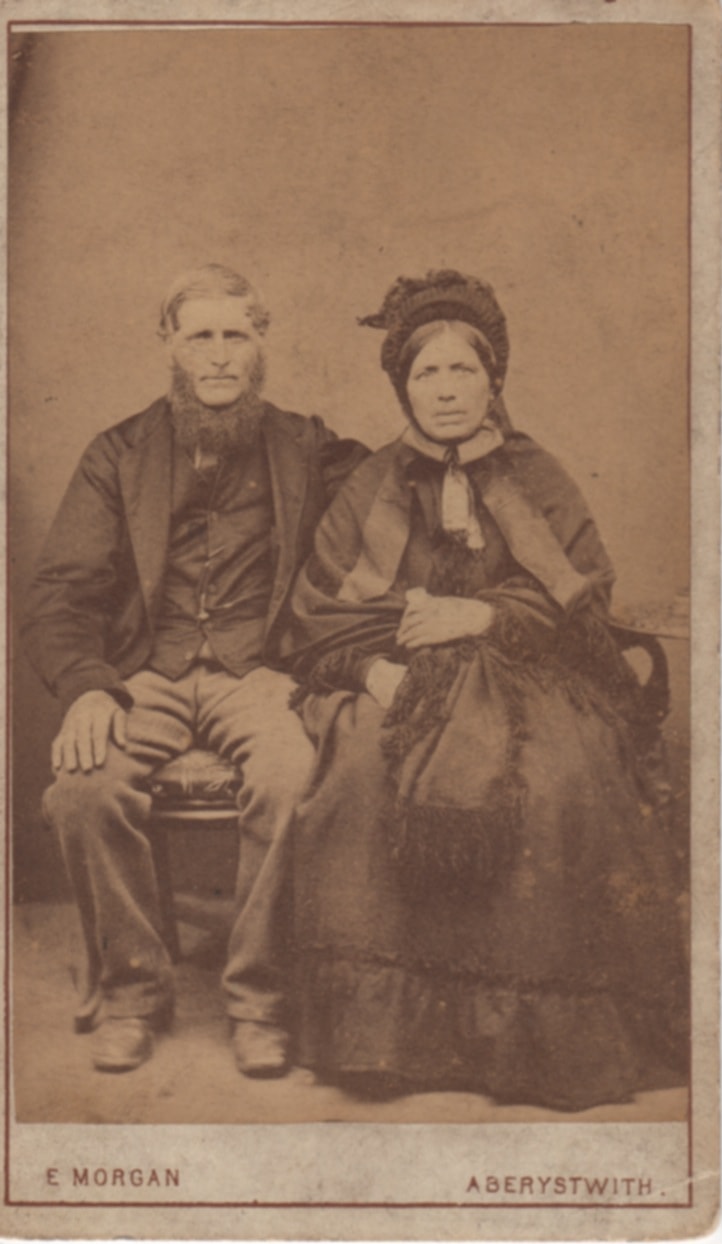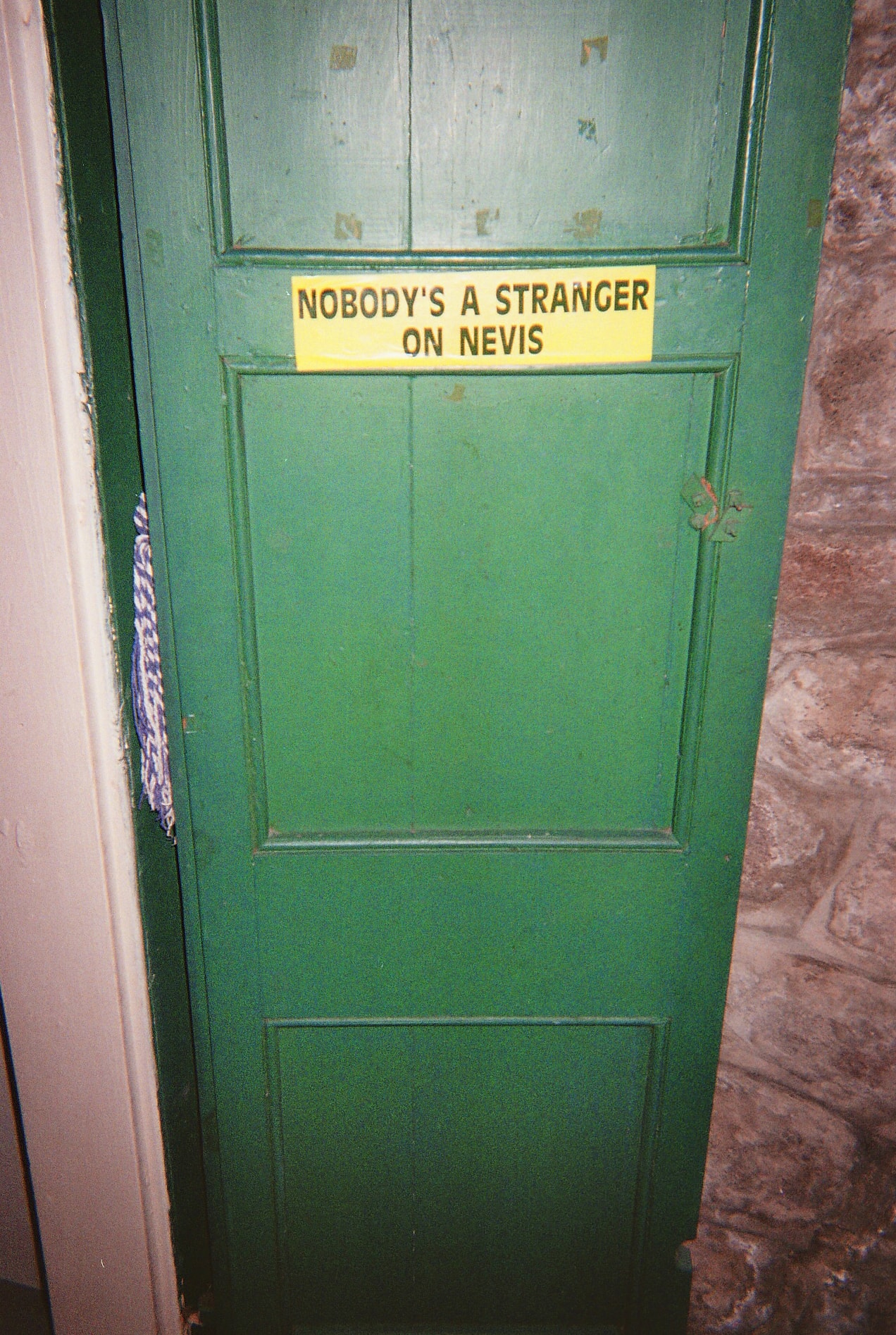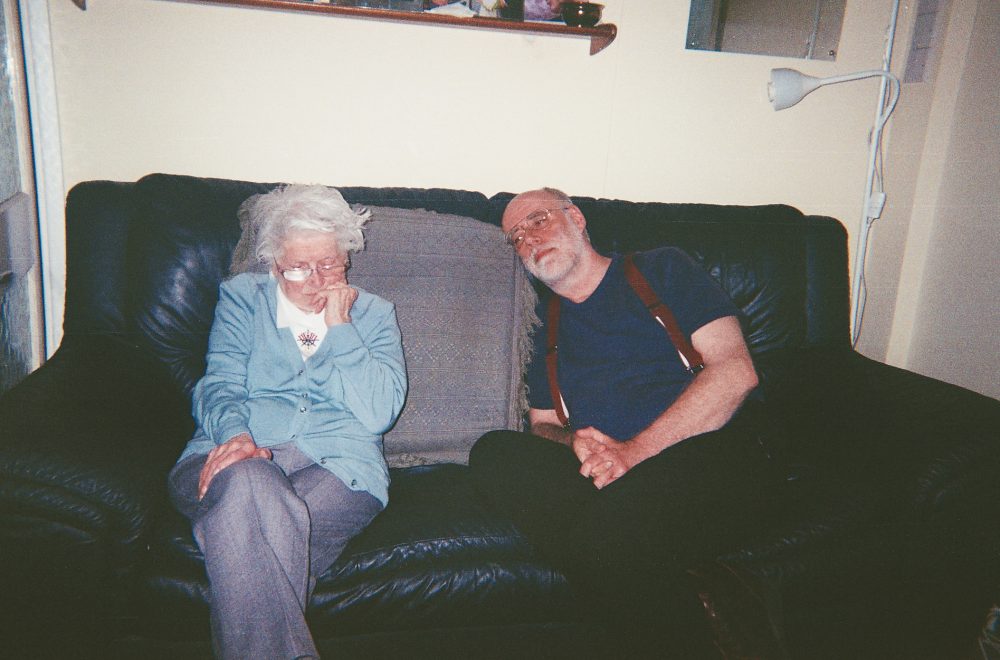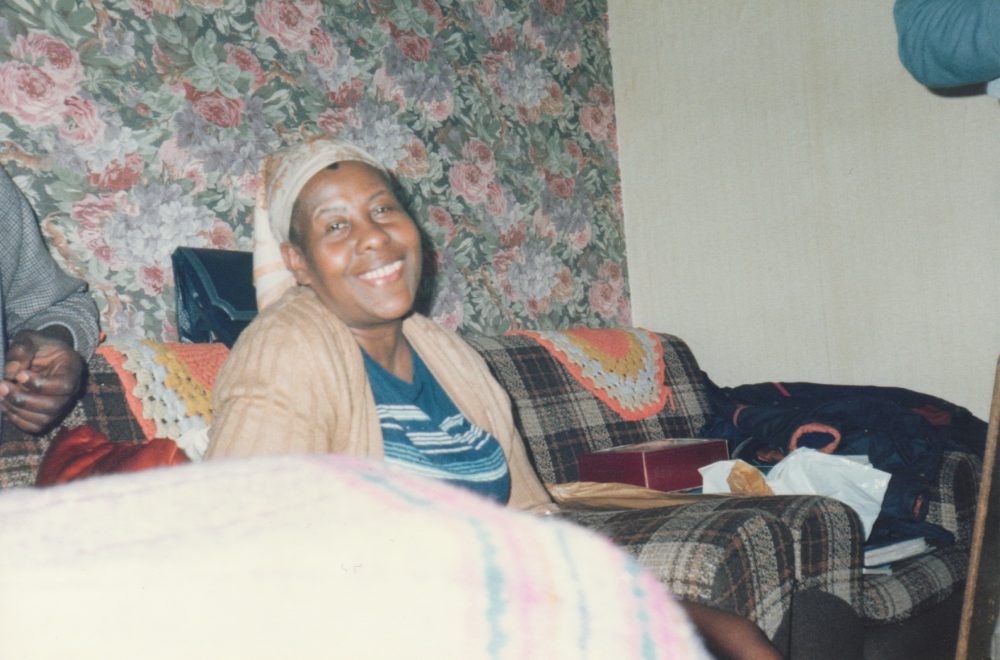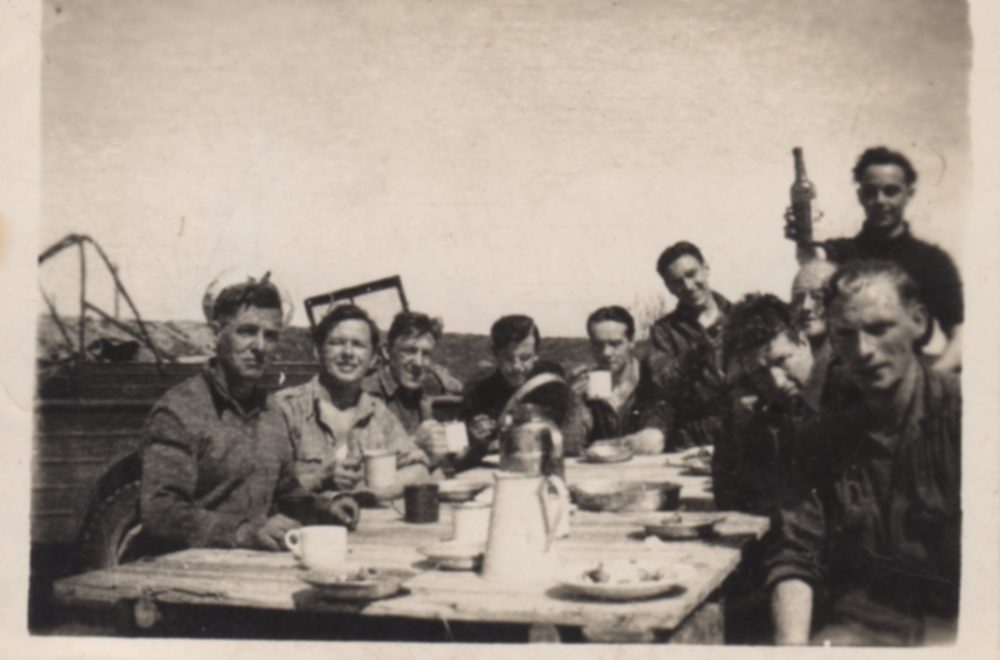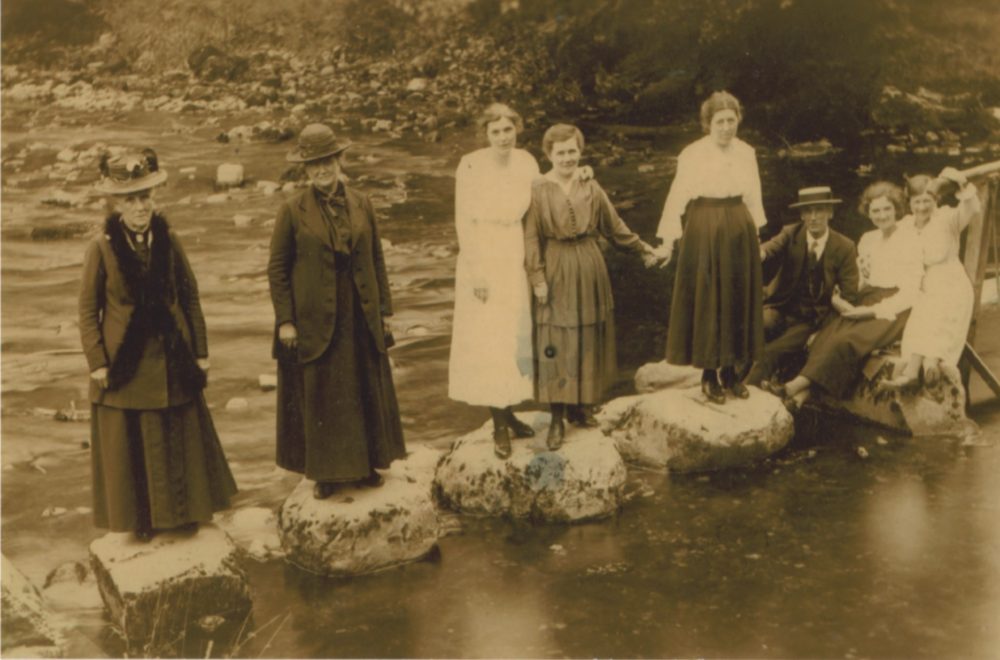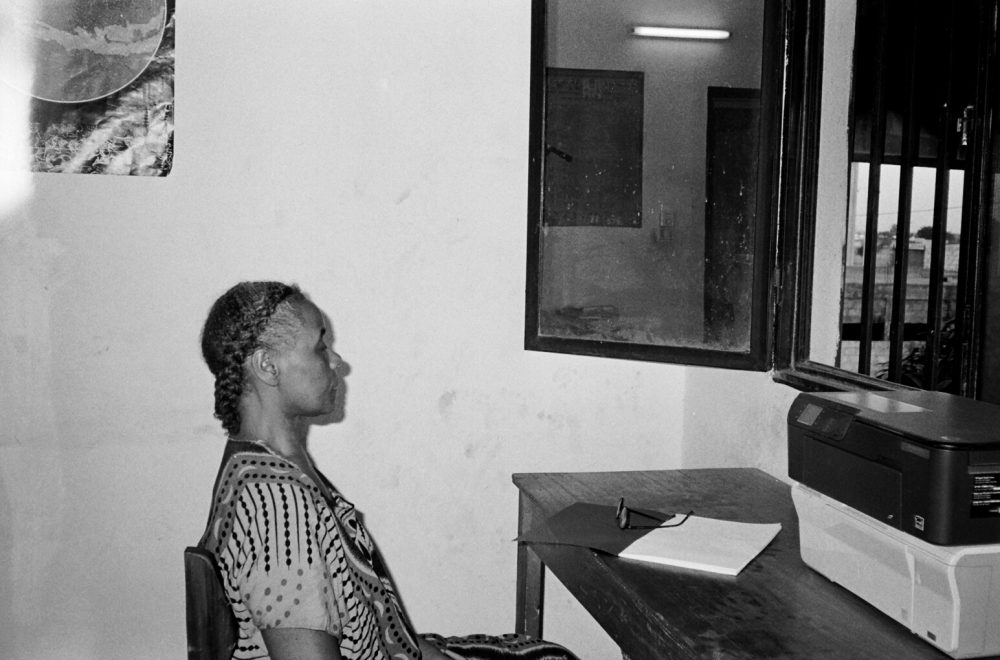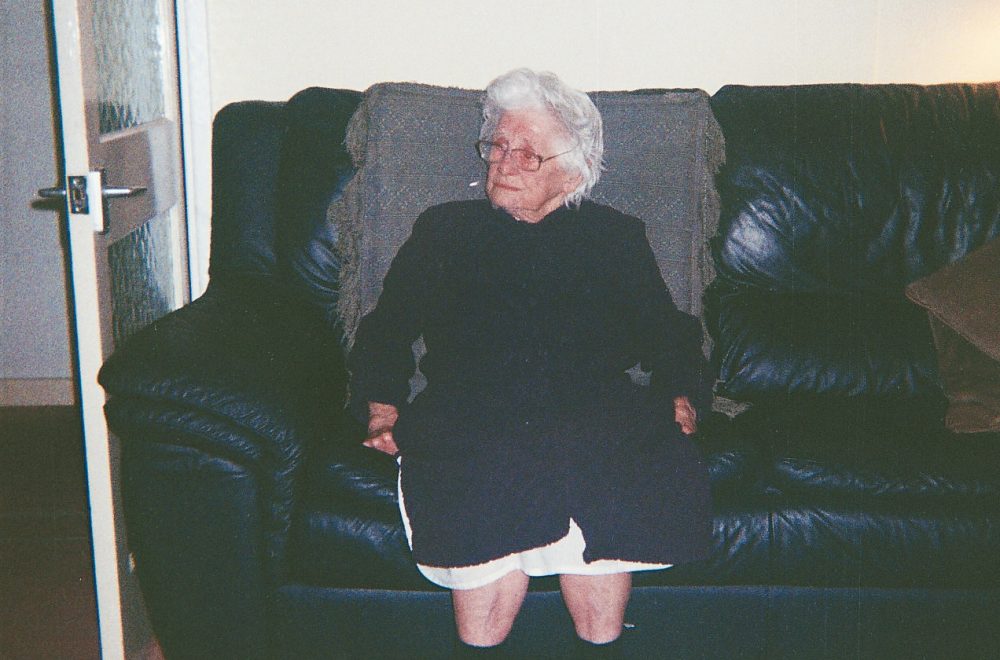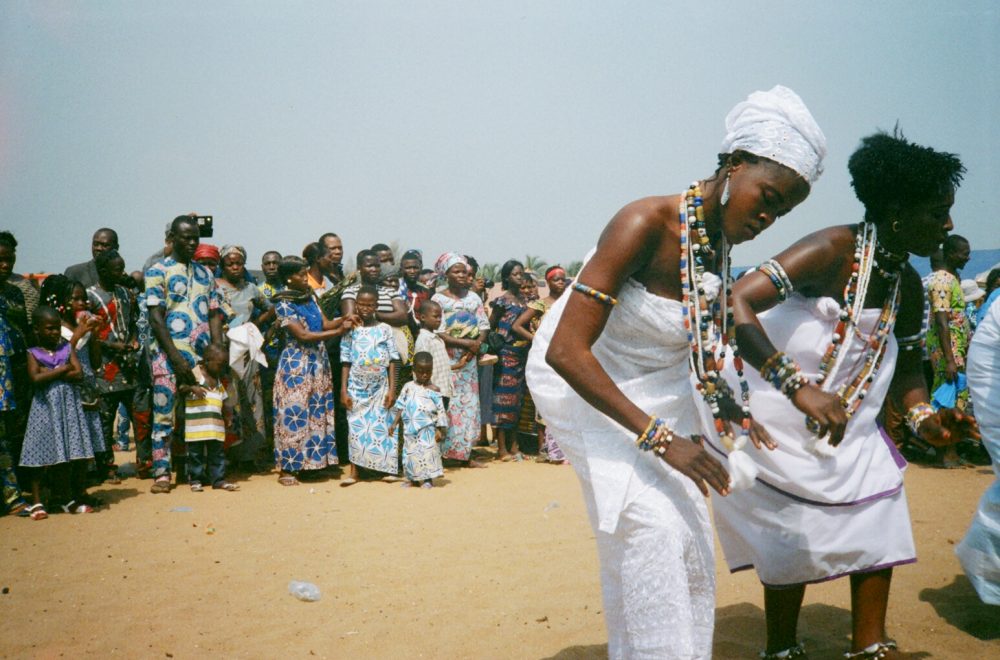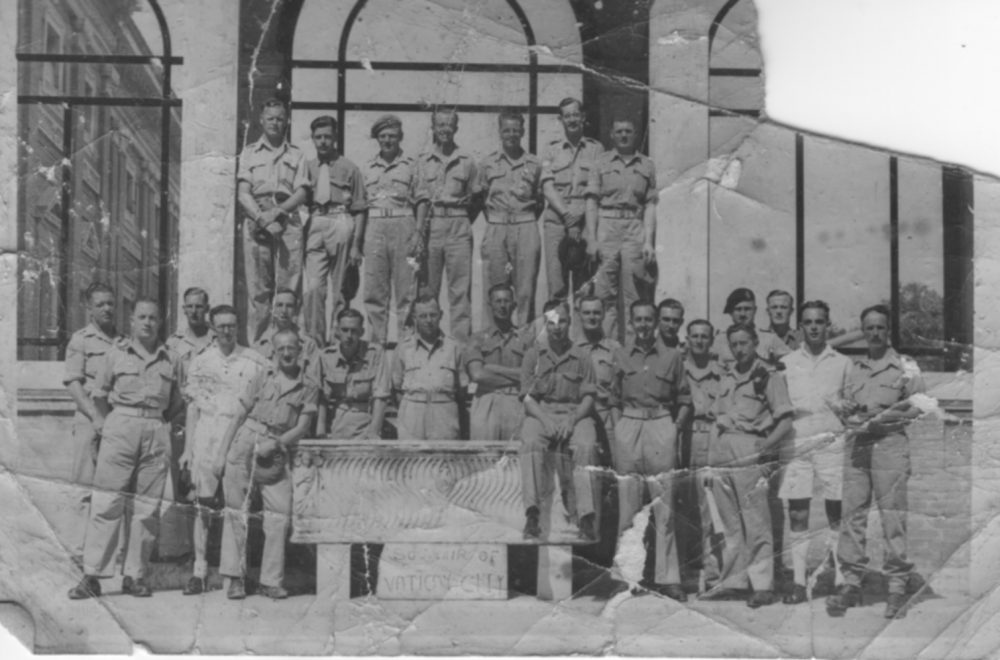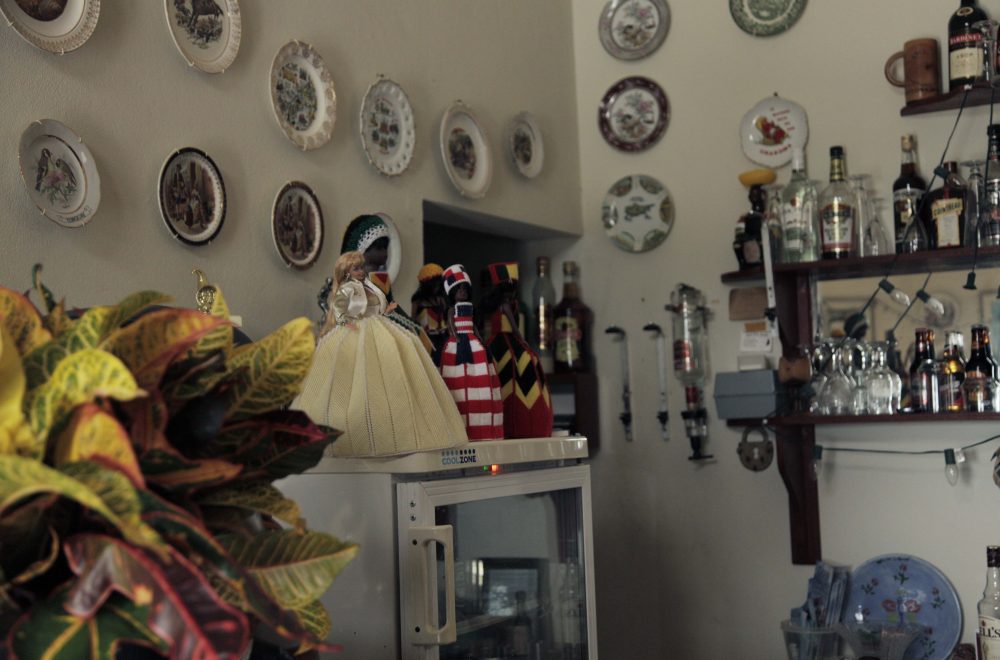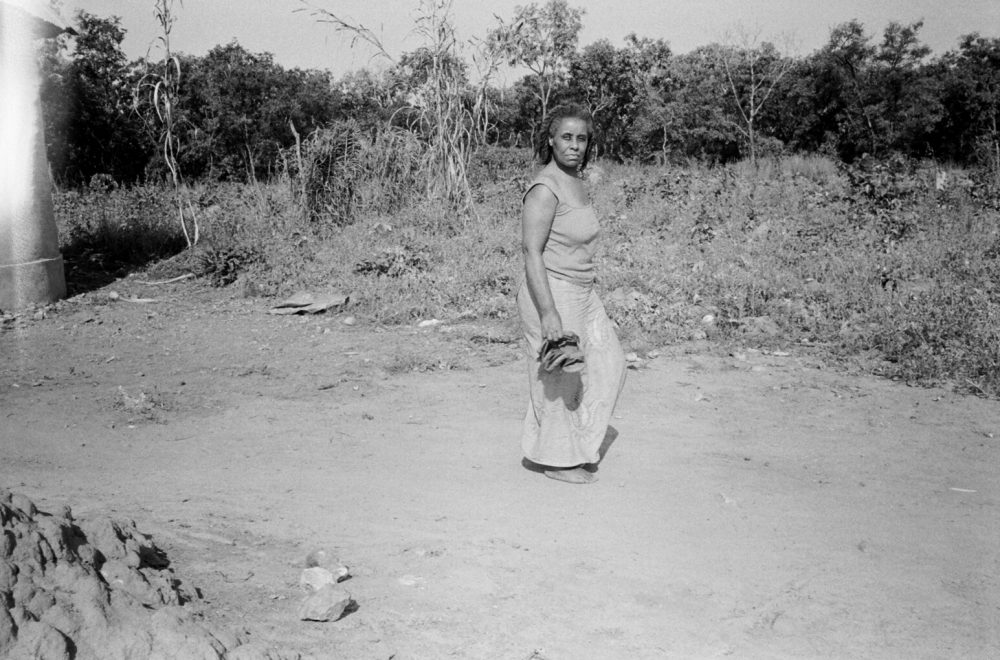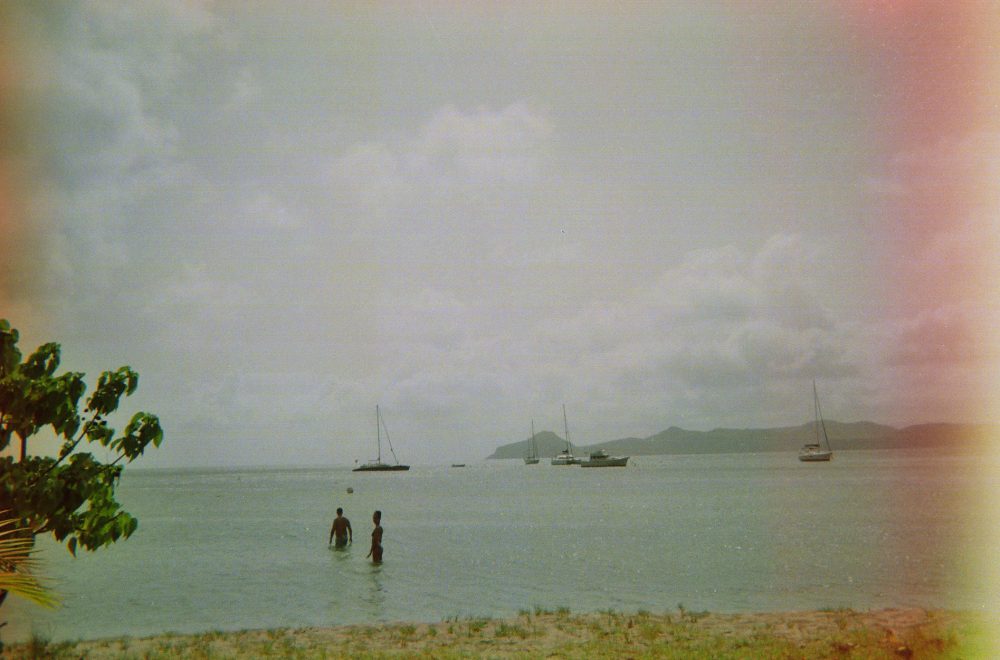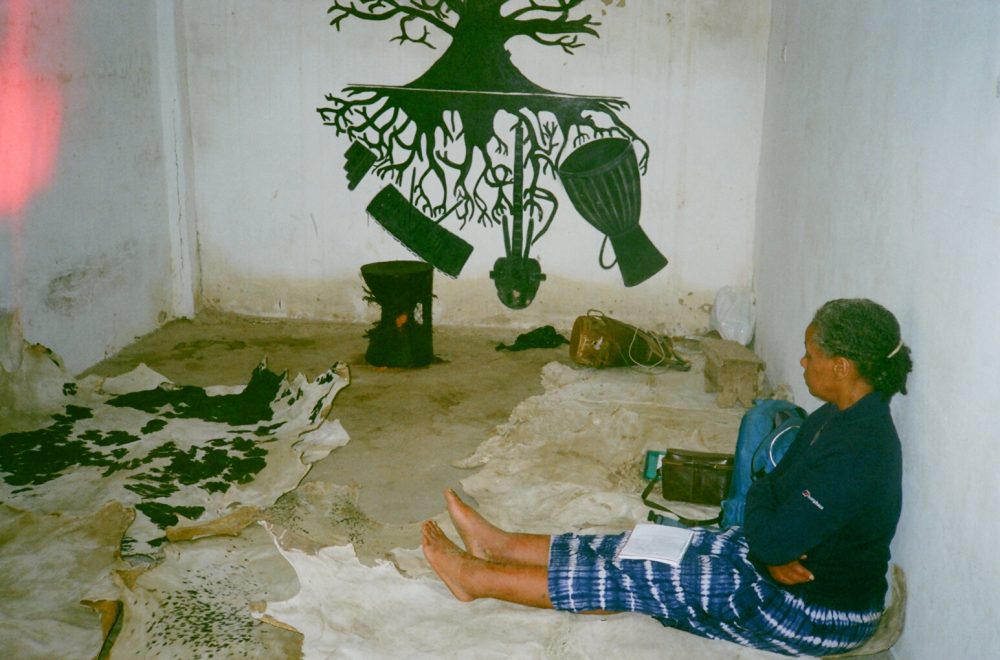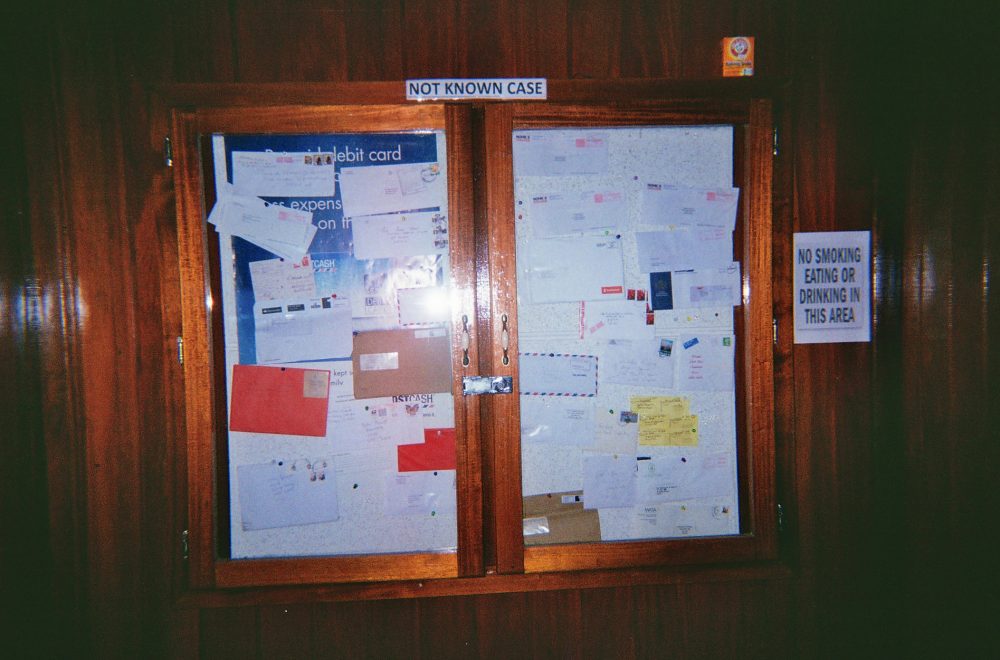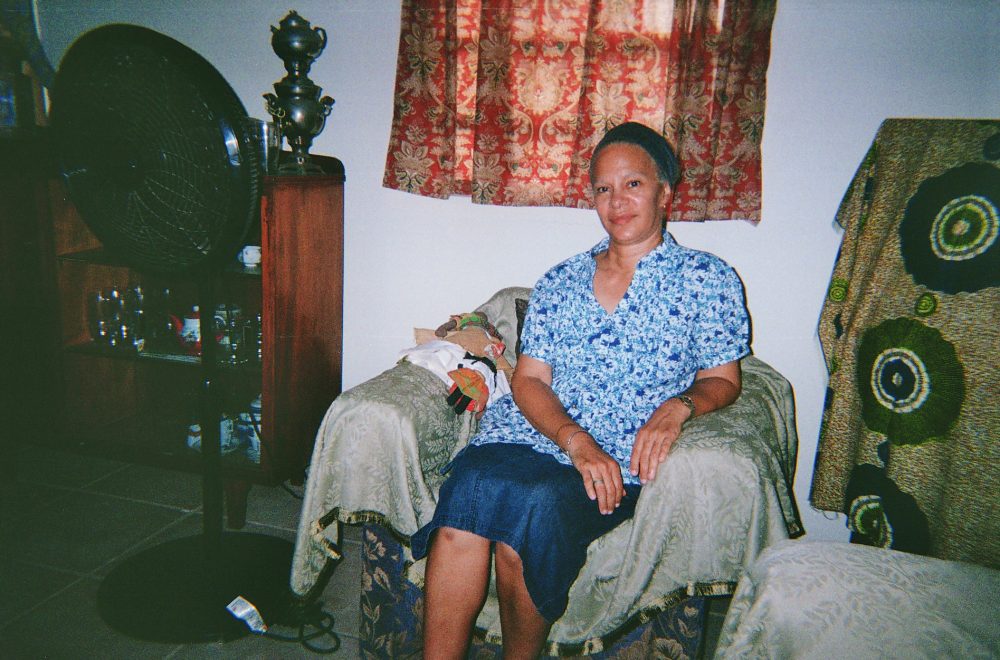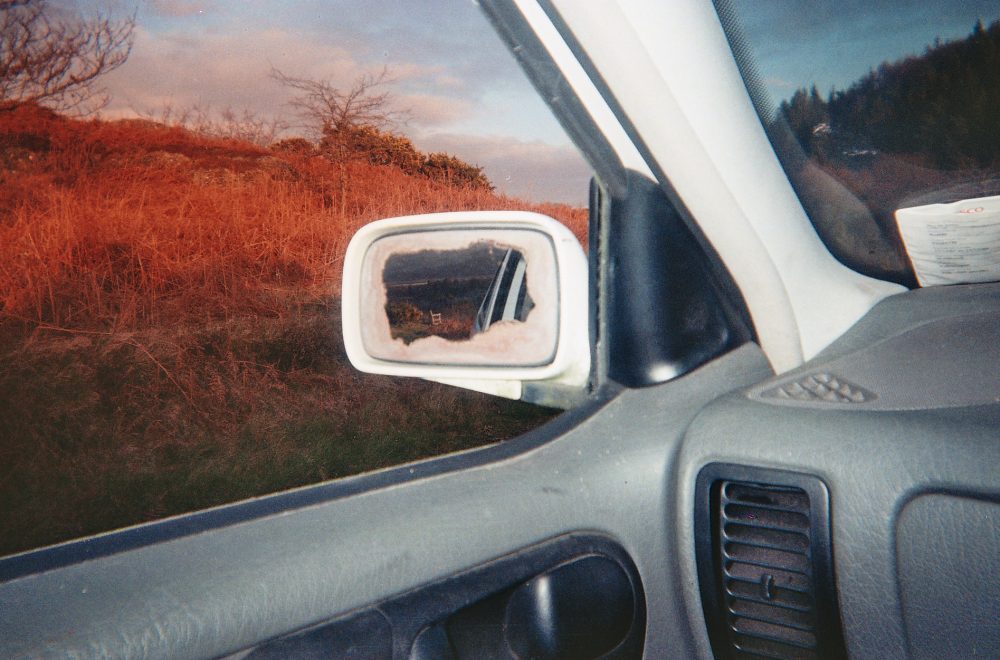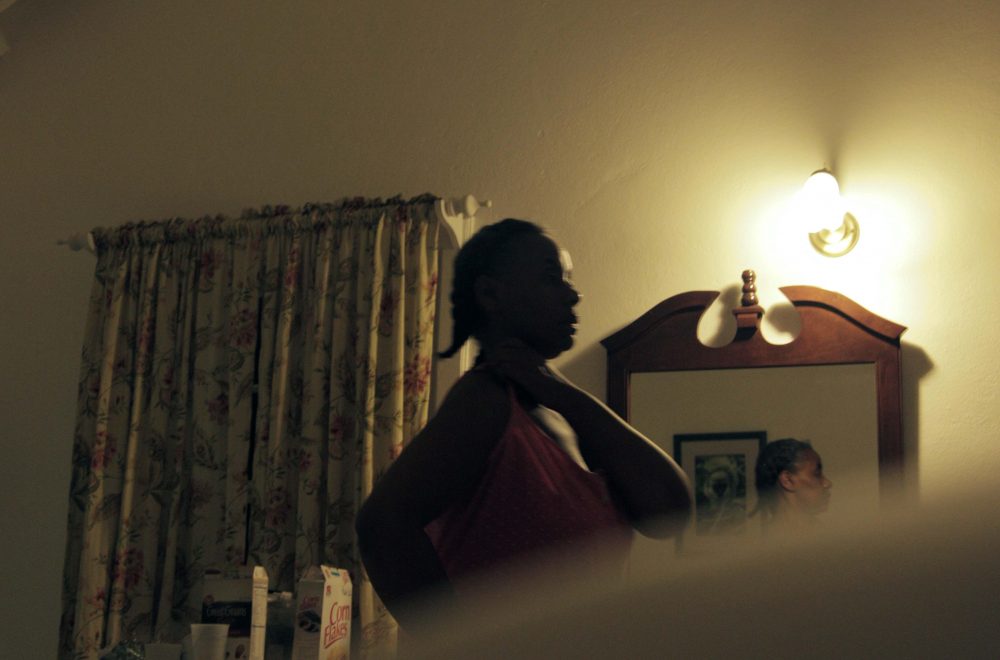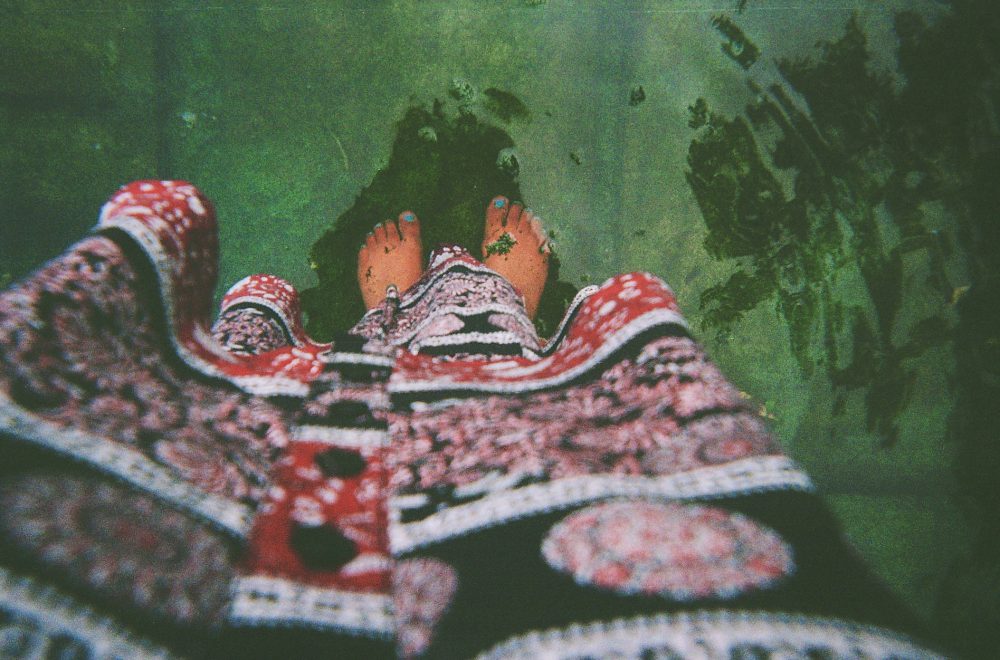Ayesha Jones' short film explores her family's roots and what it means to belong
As part of our programme for Coventry Welcomes‘ first ever digital festival, we’re delighted to be showcasing a film and photography project created in 2015 by our Audience Development Officer, Ayesha Jones.
Supported by Counterpoint Arts and Open Generation, Where do you come from? sees Ayesha explore her family’s history in Birmingham, Wales and the Caribbean, their experiences of racism, and what it means to belong. Her short film won Best Film in the “Our Voices” competition and was screened at Rivington Place in London.
Watch the film and read a few words from Ayesha about the project below.
Where do you come from?
Where do you come from? is inspired by my experiences as a young woman born in England to a white father (Welsh heritage) and a black mother (Caribbean heritage). Being asked to explain where I come from, on a regular basis (due to my brown skin) has led me to ask that question a bit deeper and attempt to uncover the hidden stories in my own heritage.
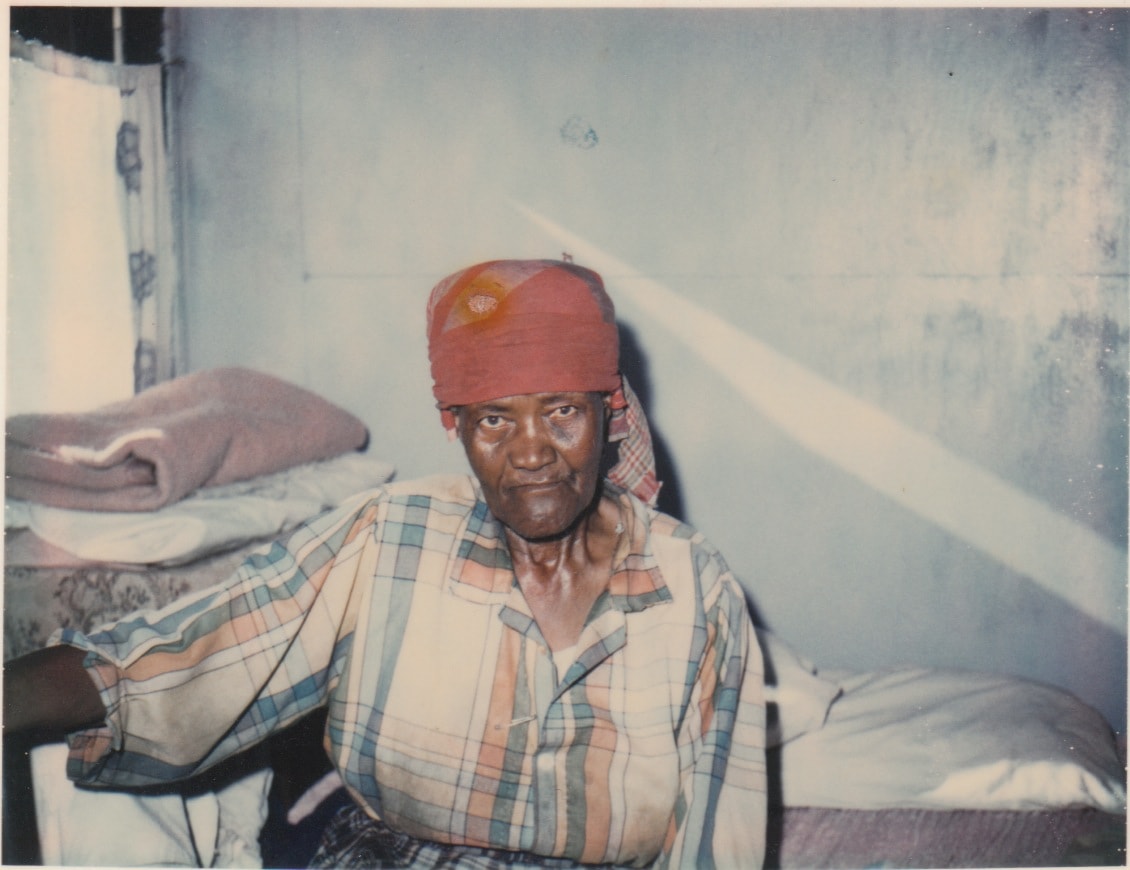
Migration is natural and humans have been migrating since we have had a pair of feet. At this point in our human journey, pretty much everyone has at least one ancestor that has come from somewhere else. Exploring my own family history has shown me how connected we all are to each other. If we go back far enough, we all come from the same place.
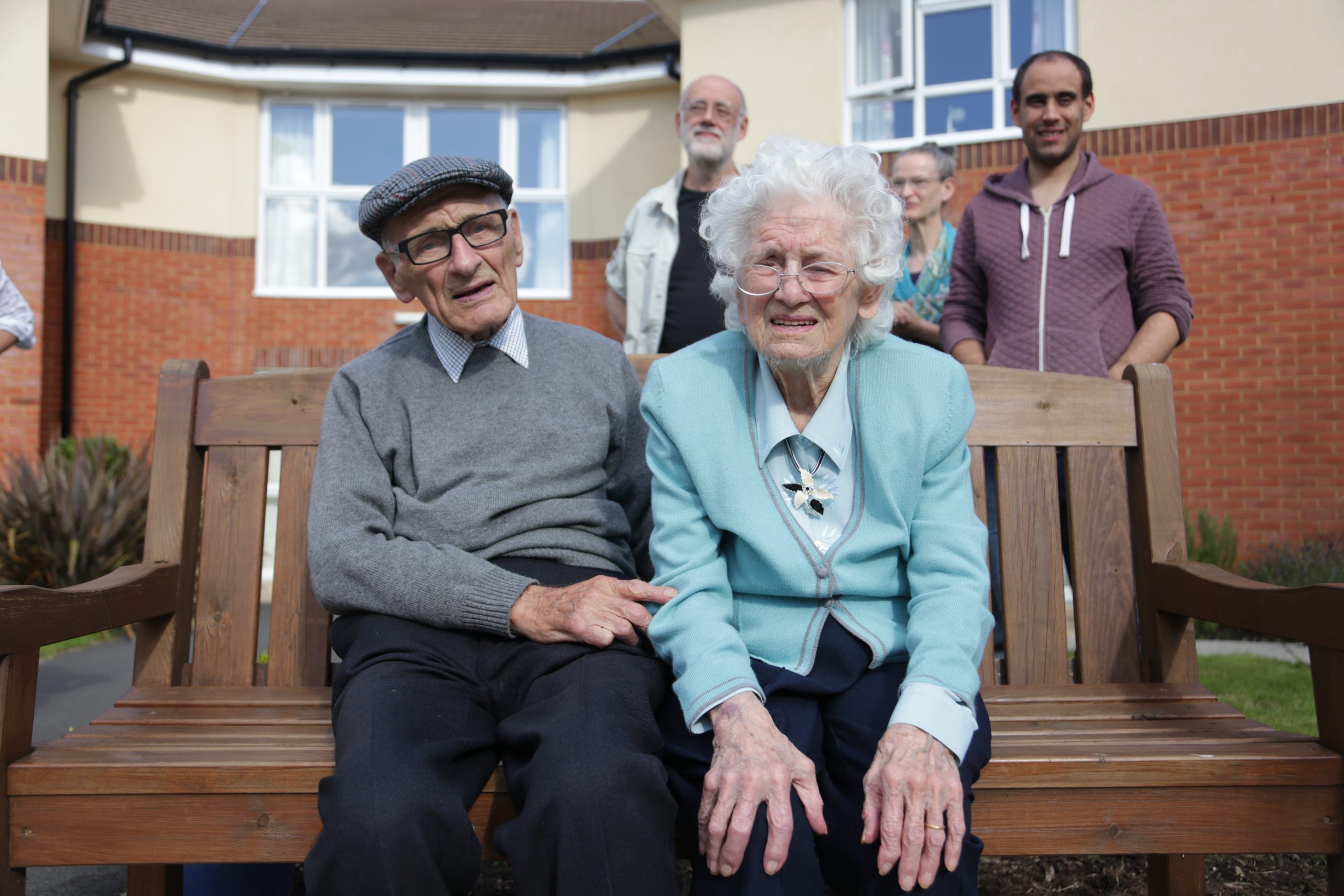
This photo and film project documents my process of reconnecting to my roots. I take a look back at the routes my ancestors took. I travel to the places my ancestors have been (the Caribbean, Wales and Africa). I also document both my own and my mother’s experiences of “going back to where we came from” and our disappointment in being seen as foreigners, even there.
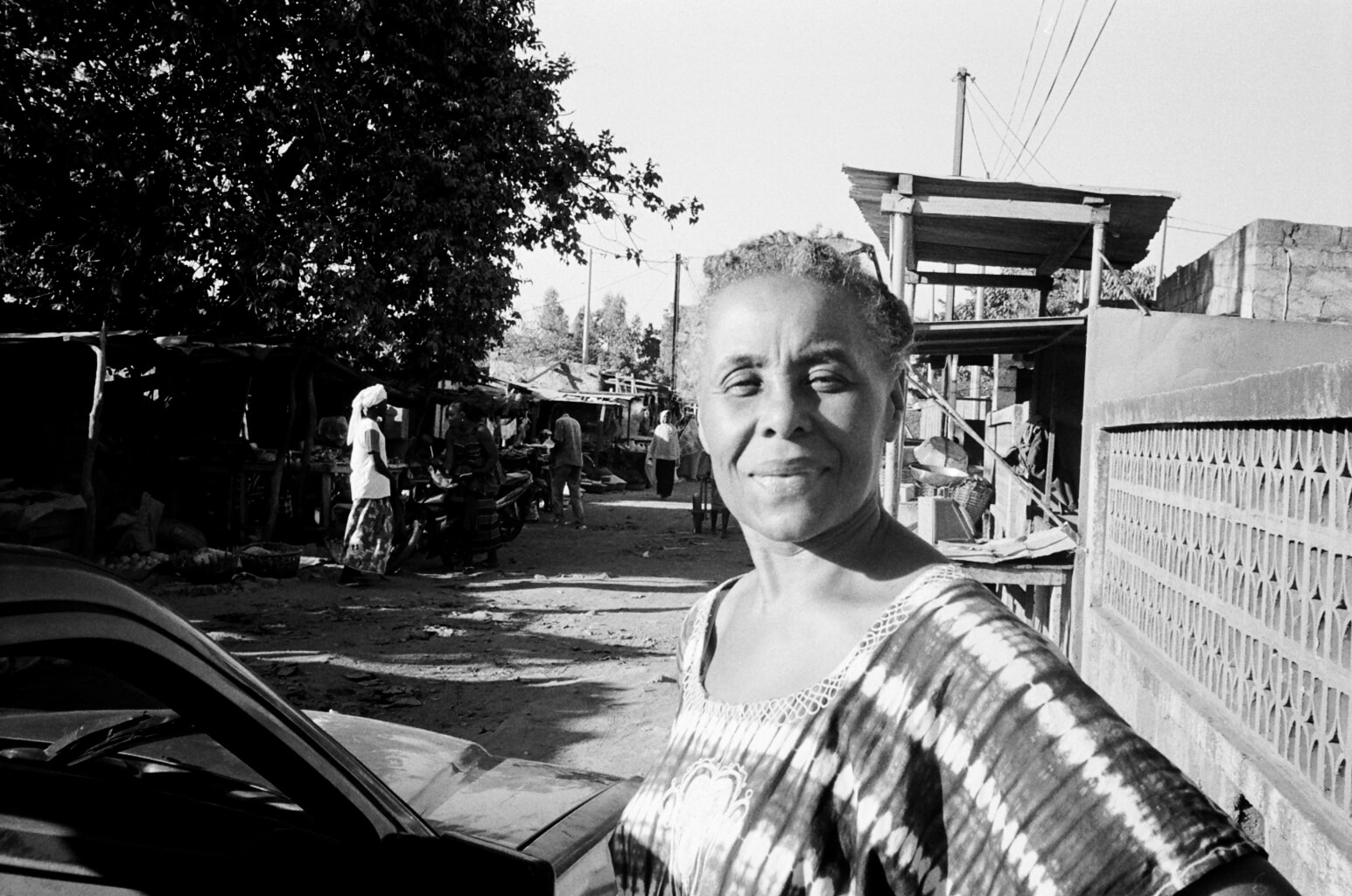
My aim was to produce a video that brought people together. I wanted to encourage more people to see how connected we are, despite our skin colour, religion, country of birth, etc. Each person or group of people has their history, a unique addition to our collective human history. We are more powerful when we come together and can become more empathetic and compassionate to others when we can relate to them and their experiences.
